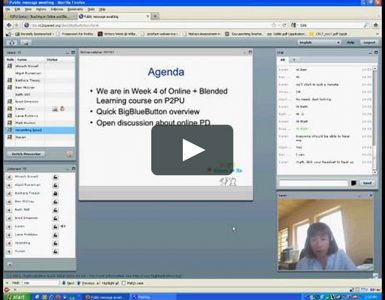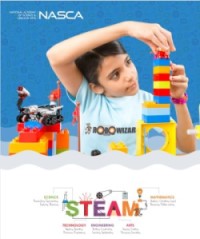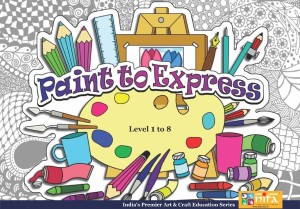As parents or educators, our primary concern is: How to prepare our children best for the future and set their full potential free?
Our future world will be evermore digital. Quite naturally, the need to teach digital skills became a top priority in parenting, as well as in the private and public education sector.
Your child’s school may have introduced edtech into the classroom, but as a parent, are you keeping pace with what kind of a generation you are dealing with? Are you in sync with what educators think about how the future-ready student should look like?
The world 10 years from now
You will agree that today’s child is a digital native. He/she can handle a smartphone or an app far better than adults. Being digital is almost ingrained in their DNA.
Despite being digitally savvy, the technology that today’s children use may not be in vogue 10 years from now. In fact, if you glance back 10 years, you will find many gadgets used then no longer being used now.
Hence, 21st century skills require nurturing the creative skills we are born with.
Raising tomorrow’s inventors
This reasoning is backed by a recent report by Dell Technologies which said that 85 per cent of future jobs have not yet been invented.
In about a decade or two, today’s generations will have to create future tools and technologies that can solve the challenges of the societies at that time. And for this, they will need maker-skills. Not consumer-skills.
It is interesting that Bill Gates and Steve Jobs did not seem to think their inventions were the best to teach and raise children.
And Jack Ma, founder and chairman of the fast-growing Alibaba Group says we must teach our kids to be very, very innovative, very creative. In this way, we can create jobs for our own kids.
In his 2018 interview at the World Economic Forum in Davos, he warns against knowledge-based teaching. Instead, when asked about the skill set for future professionals, he lists only soft skills.
Machines will take over jobs
Soon, machines and automated systems that can replace almost all rule and process-based jobs because they can be run continuously and at a far lower cost. Naturally, organisations would like to employ such systems.
In fact, studies have suggested that 2 out of 3 kids in primary school today will grow up to do work that does not even exist today. Global trends indicate that any job that is not process-based or rule-based will allow a human being the opportunity to excel in it while process-based and rule-based jobs will be better performed by smart machines.
Given these hard realities, are you as a parent ready to be future-ready? Your child will certainly benefit from having a future-ready parent.
So, what does a future-ready parent look like? He or she has four characteristics:
- The future-ready parent must carefully assess edtech in order to be sure that their children are using materials that will benefit them.
- They balance edtech with developmental experiences in the “real world.” Children need to learn how to interact with other people and to manage their responses to boredom. They need time to imagine and create and interact.
- The future-ready movement focuses on preparing students for college and career readiness. This means that the future-ready parent has to think about the long-term: What does my child want to pursue as an adult? What training will this require? What entrance requirements will they be expected to meet? What “soft skills” and study skills will they need? This emphasis can help parents curate the nearly infinite array of edtech tools in order to select those tools that will most benefit their unique child.
- They nurture their children to be socially conscious. They look beyond the needs of their own child to consider those of the larger community.
- They teach their children entrepreneurship education so that they end up creating jobs, not just doing them. As also, they are able to develop skill sets that are overarching and go beyond what is taught in the classroom.
- They allow their child’s innate creativity to bloom, and protect their children from rote learning.
- They possess the acumen of what kind of careers will last long and prepare their children for them.
- They avoid getting sucked into peer pressure and follow the crowd. Instead, they foresee the future, think out of the box and facilitate learning for their child based on what the future holds.


















